Liz Thiels, influential country music PR executive, genre champion, dies at 78
- Oops!Something went wrong.Please try again later.
- Oops!Something went wrong.Please try again later.
Consistently elevating country music to meet the standards of the genre's traditions, the need for social and sonic diversity, plus Nashville's ever-evolving cosmopolitan national profile, was not a one-person job.
However, if wanting to identify one person who excelled at that work, look no further than public relations professional and country music industry executive Liz Thiels.
The 78-year-old, born in Alexandria, Louisiana, in 1944, passed away, on Mar. 19, 2023, after an extended illness.
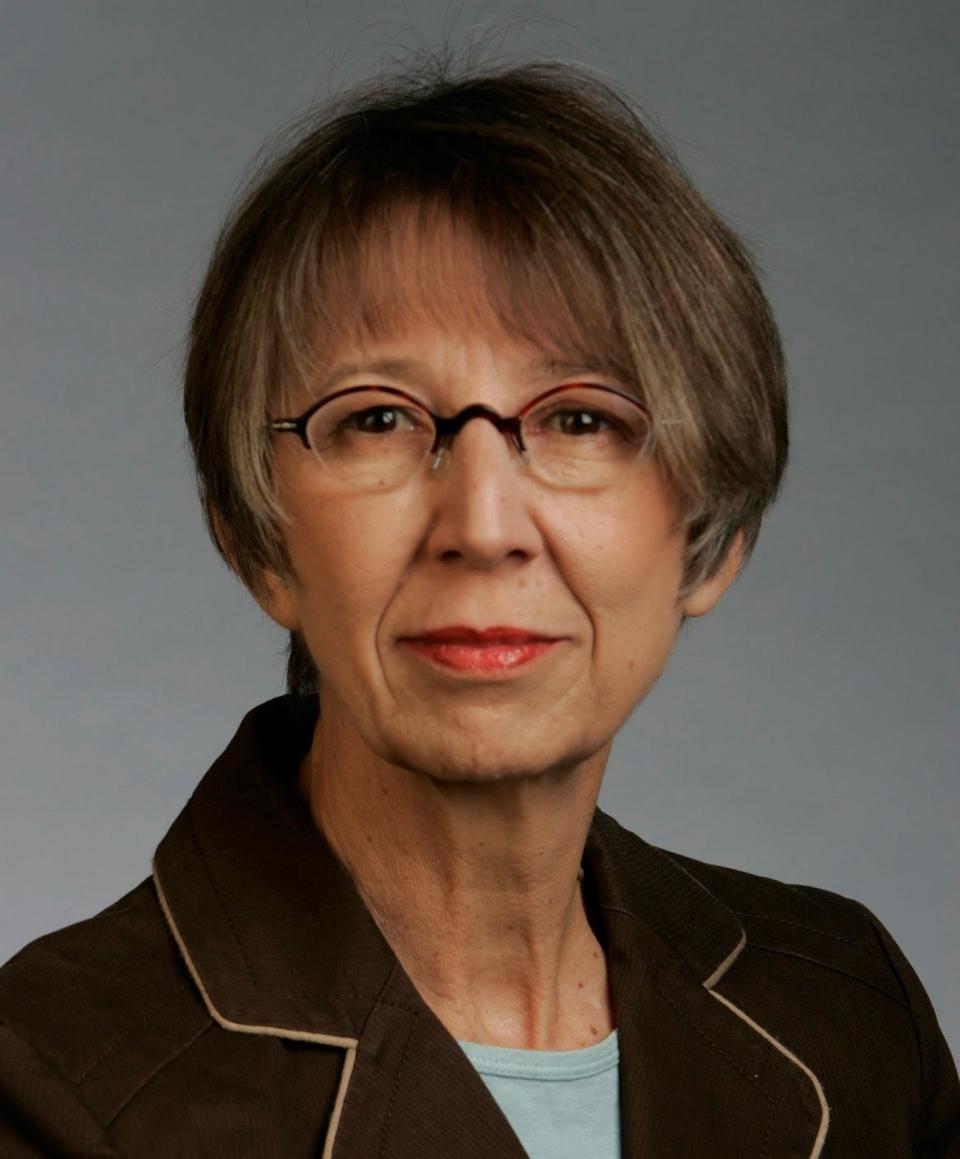
"[Liz Thiels] elevated and enhanced the profile of country music," stated Kyle Young, CEO of the Country Music Hall of Fame and Museum -- where Thiels worked from 2002-2015 as senior vice president for public relations and a key member of its executive team.
In an exclusive conversation with The Tennessean, CEO Young describes his four-decade-long career working alongside Thiels -- in various capacities -- as working with "the coolest, smartest person in the room."
Within a decade of arriving in Nashville after working as a reporter at a Louisiana daily newspaper and serving as press secretary for U.S. House of Representatives member Louisiana's 8th congressional district Speedy O. Long, she'd already worked with Holder, Kennedy & Co. Public Relations, co-owned the Exit/In after buying out one of the club's original partners, Harvey Magee, in 1972 (she was a co-owner until 1976).
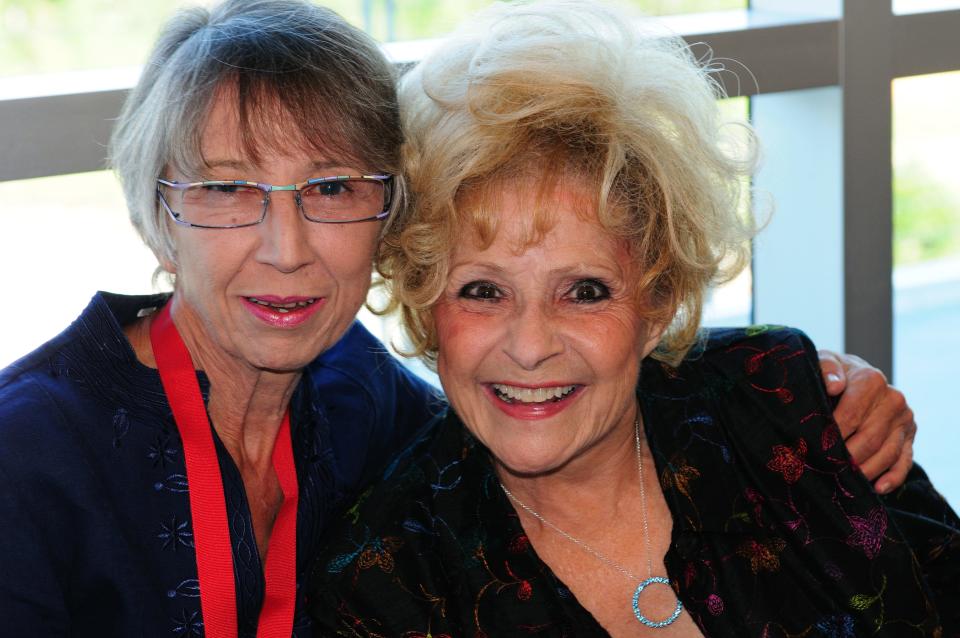
The Nashville Thiels arrived in was as much about Dolly Parton and Porter Wagoner's rhinestone-adorned television antics and countrypolitan sounds produced by Owen Bradley and Jack Clement as it was about the scene at the Exit/In.
"The Vietnam war was still happening; the whole women's lib thing was just getting hot. It was radical; it really was. It was a real San Francisco-inspired kind of Haight feel. Long hair, beads, peace signs. A lot of what people think of as the '60s was really the '70s," stated Thiels in a 2002 interview.
Her ability to seamlessly integrate country's divergent evolutions -- one driven by elegant musicality, the other by hippie aesthetic-driven rock, into a potent, marketable package able to blend into mainstream society -- was one of her career's successes.
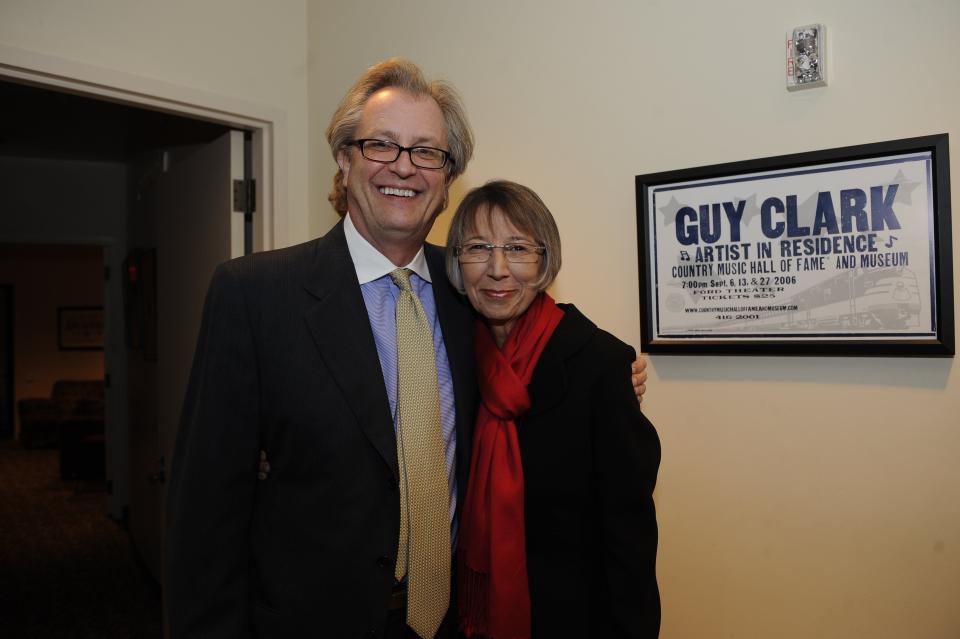
To wit, she aided in breaking Charlie Daniels into global country superstardom by promoting his "Volunteer Jam" concerts via the Sound Seventy Corporation and by 1979, co-founded Network Ink, the first company to mesh full-service public relations with Nashville's music industry.
In the 1970s, the scope of her reach and the impact of being associated with how she branded country music and Nashville's broader relationship to popular culture aided the likes of Jimmy Buffett, John Hiatt, Billy Joel, Steve Martin and Linda Ronstadt to emerge as dynamic stars capable of maintaining critical artistic credibility while also ascending into pop-dominant crossover renown.
At Network Ink, heading from the 1980s into the 1990s, via Thiels' work, names including Clint Black, Brooks & Dunn, Guy Clark, Kathy Mattea, Reba McEntire, Dolly Parton, Ricky Skaggs and Wynonna Judd were able to remain authentically country-rooted and rural leaning, while simultaneously able to convey their authentic musicality into the unique intersection offered by the "Urban Cowboy" western craze and media technology's cultural expansion.
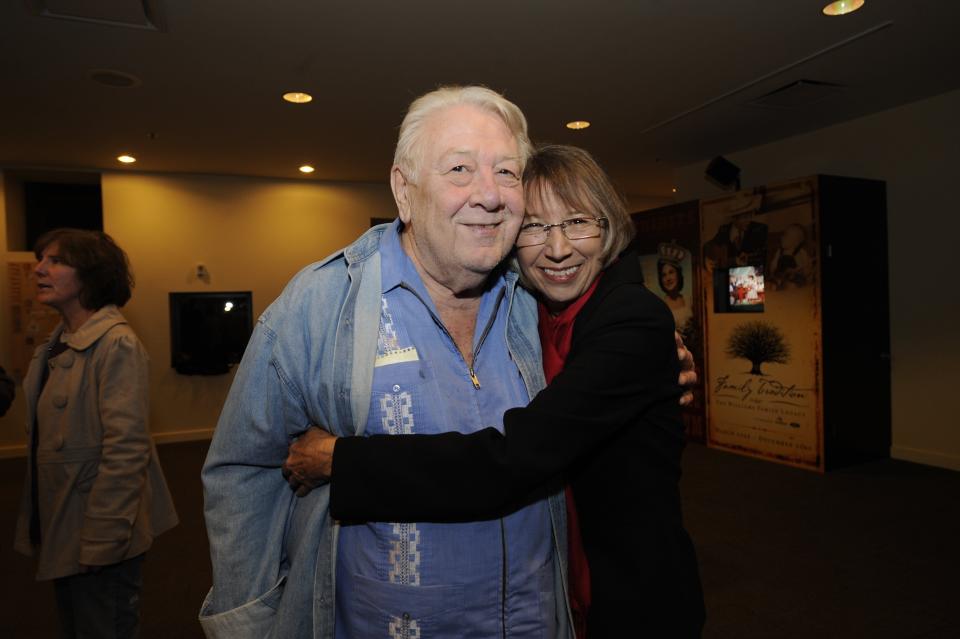
However, by the turn of the 21st century, her attention turned to the Country Music Hall of Fame and Museum.
In 1994, spurred by the potential of Bridgestone Arena's arrival in 1996 as highlighting a revival of Nashville's downtown as no longer a haven for seedier honky-tonks, pawnshops and pornographic bookstores and the potential for what then-mayor Phil Bredesen referred to the Los Angeles Times as Nashville becoming a "first-rate city, a city that's attractive, without a living and vital downtown," the Country Music Hall of Fame and Museum announced plans to relocate from its then home on Music Row.
Thiels arrived first as a PR consultant and then as a staff member. Strategizing the museum's evolution as both a key fixture in Nashville's music community and an institution of national stature involved her aid in the transition from Bill Ivey serving as the museum's executive director from 1971 until 1998 to Young's leadership as the museum's current day CEO.

The museum's growth from a 33,000 square-foot venue that a 1967 Tennessean article called "the most sophisticated barn in Nashville" to a now 350,000 square-foot space required someone with Thiels' ability, as Young says, to "be a guiding light as it related to developing the modern expectation of what the hall and museum could represent."
What Young describes as how Thiels' passionate understanding of music, its marketing and its commercial potential were used by the Country Music Hall of Fame and Museum to cement itself as a central figure in both the genre and Nashville proper, her influence in gravitating the announcement of the year's new Hall of Fame class from being a part of the yearly Country Music Association Awards program to being its own Hall of Fame and Museum-branded ceremony is noteworthy.
Starting with 1999's induction of Dolly Parton at 4 Music Square East and developing 2000 and 2001's events at the Tennessee governor's residence in Oak Hill, Young describes Thiels as "determined" to create a ceremony that honored how country music's hall of famers were the "standard-forming life-blood of the [venue] and the city of Nashville, in general."
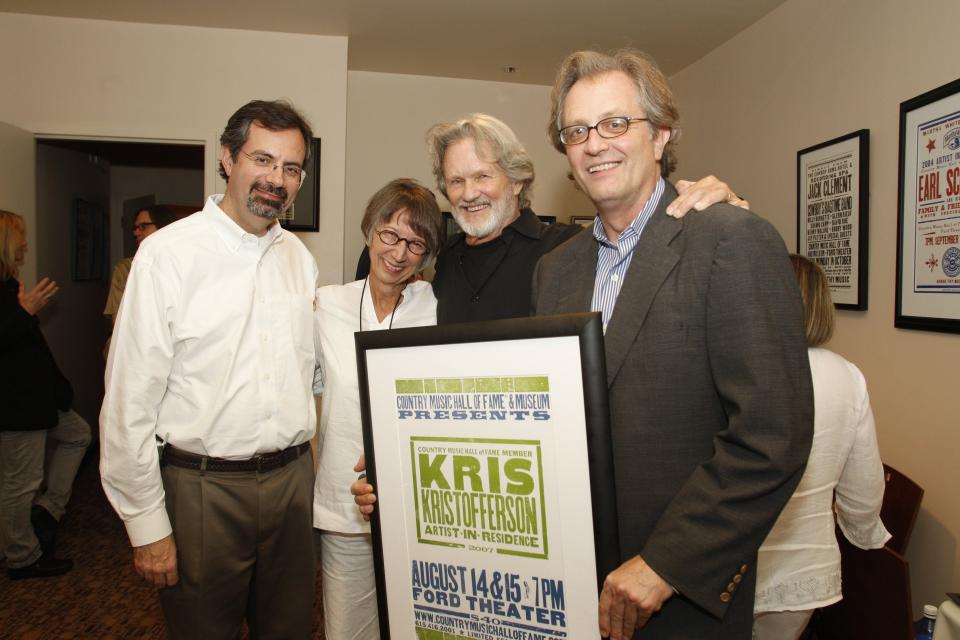
The Country Music Hall of Fame and Museum's 213-person capacity, 4,000-square foot Ford Theater was erected for the moved museum's 2001 opening primarily to satisfy Thiels' desire for what Young says, in modern times, is "an opportunity to honor and formally induct the hall of famers, but also contextualize their stories in relation to generations of the genre's past, present and future."
Beyond her work, her words -- deemed as "incredible" by someone Thiels mentored, Jeremy Rush, the Country Music Hall of Fame's current senior director of public relations -- best summarizes her passion and focus on country music's constant evolution.
In "Nose To The Rhinestone: Saving Our Precious Memories," an essay valued, internally, by the Hall and Museum's staff as a vital document, she states the following:
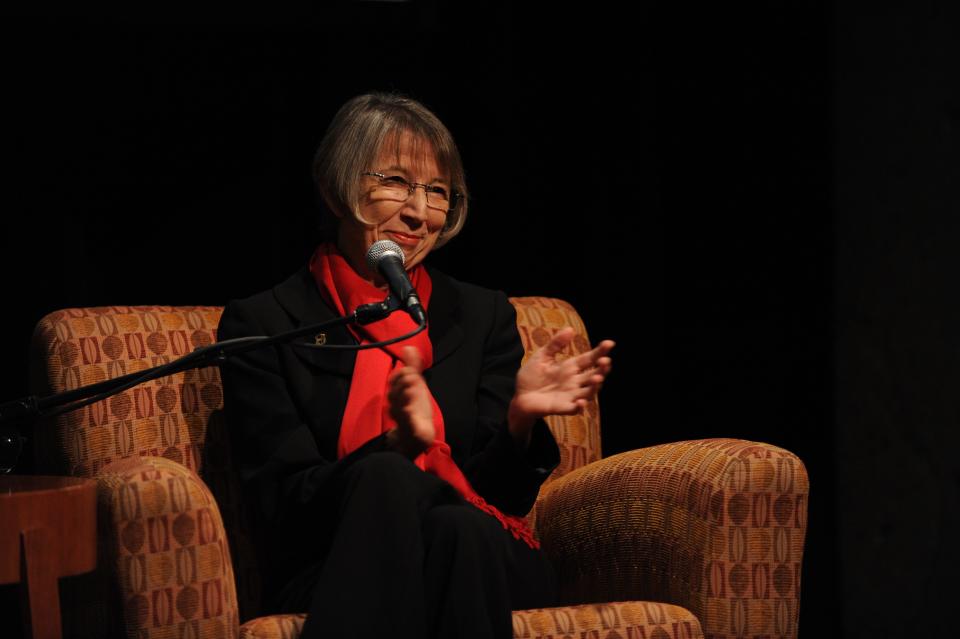
"For more than a hundred years, [lyric-intensive and storytelling-driven country music] has given voice to the thoughts, feelings, challenges, triumphs, and values of America's working people. As the music of, by, and for the people, the music is an intimate portrait of American dignity, an electrocardiogram of our nation's heart, a compelling and revealing history of American democracy, and a record of American history."
A statement by Young about Thiels' importance to the Country Music Hall of Fame and Museum -- when mirrored to be about Thiels herself -- offers the best note regarding her music industry legacy.
"She was a key fixture in Nashville's music community and an institution of national stature. I can't imagine where both would be without her."
This article originally appeared on Nashville Tennessean: Liz Thiels, influential country music PR executive, genre champion, dies at 78

